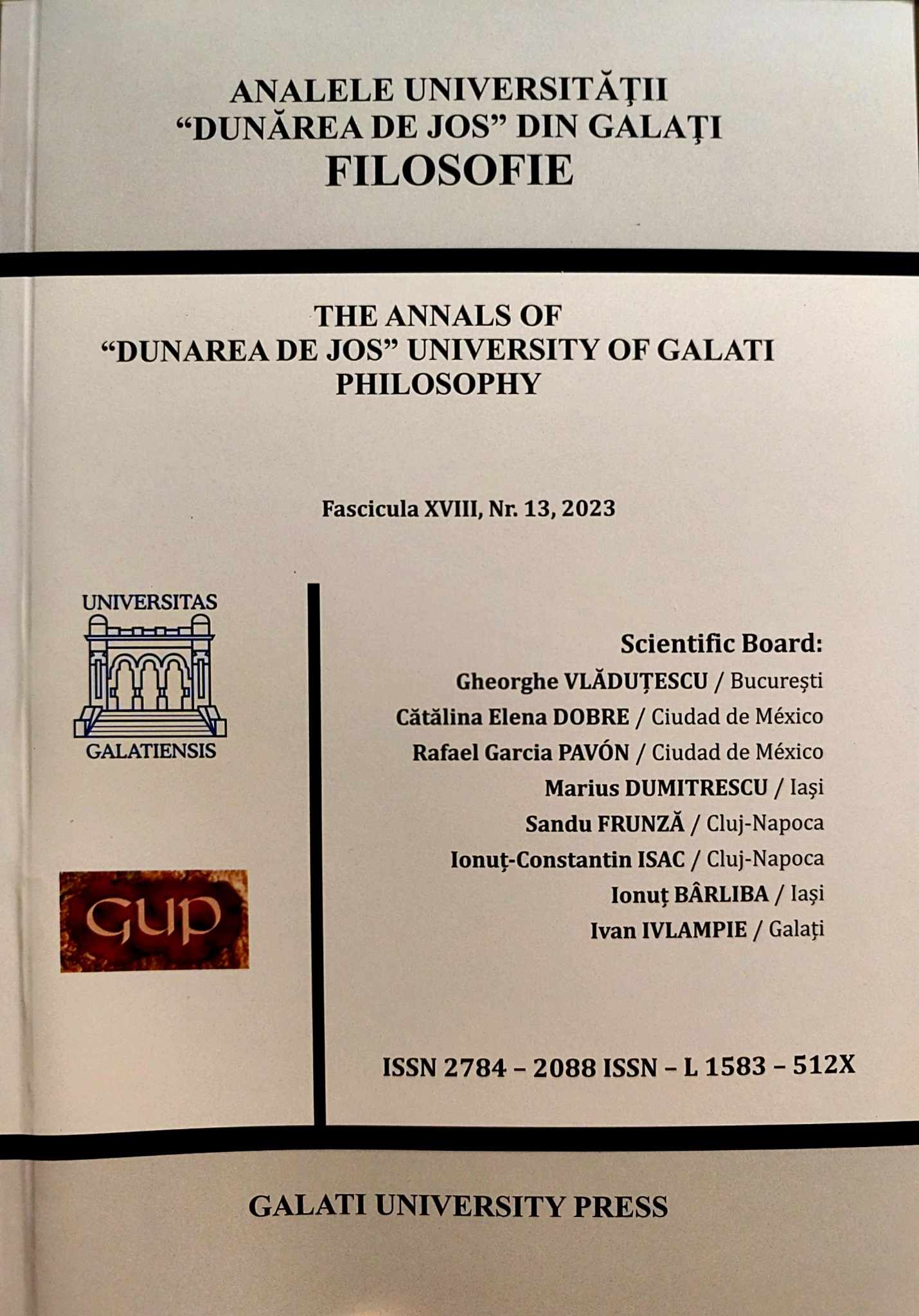Individualitatea ca „rău fundamental”, în budhismul Yogācāra
Individuality as the root of evil, in Yogācāra Buddhism
Author(s): Ovidiu Cristian NeduSubject(s): Philosophy, Ethics / Practical Philosophy, Indian Philosophy, Philosophy of Religion, History of Religion
Published by: Editura Universității „Dunărea de Jos”, Galați
Keywords: Buddhism; Vijñanavada; Yogācāra; individuality; personhood; mind; evil;
Summary/Abstract: According to the Idealistic school of Mahāyāna Buddhism, Yogacāra, human existence is not as muchthe condition of a “being”, of an entity, but a mere experience projected by the cosmic consciousness, by the so-called “store-house consciousness” (ālayavijñāna). Nevertheless, human existence has some special features; it doesn’t represent a simple cosmic experience but rather an “alteration” of the normal condition of reality. The peaceful and homogenous state of reality gets altered when human mind starts developping experiences of self-“elevation” (unnatti), of “pride” (māna) towards what it appropriates as its own identity. The natural calm of reality gets disturbed, and the experience projected by the mind becomes an afflicted (klișta) one; this is the beginning of suffering (duikha) and of bondage (samsāra). Thus, the projection of individuality upon the calm cosmic level can be considered as the “fall” of Yogācāra Buddhism.
Journal: Analele Universității „Dunărea de Jos” din Galați, Fascicula XVIII: Filosofie
- Issue Year: 2023
- Issue No: 13
- Page Range: 73-93
- Page Count: 21
- Language: Romanian

